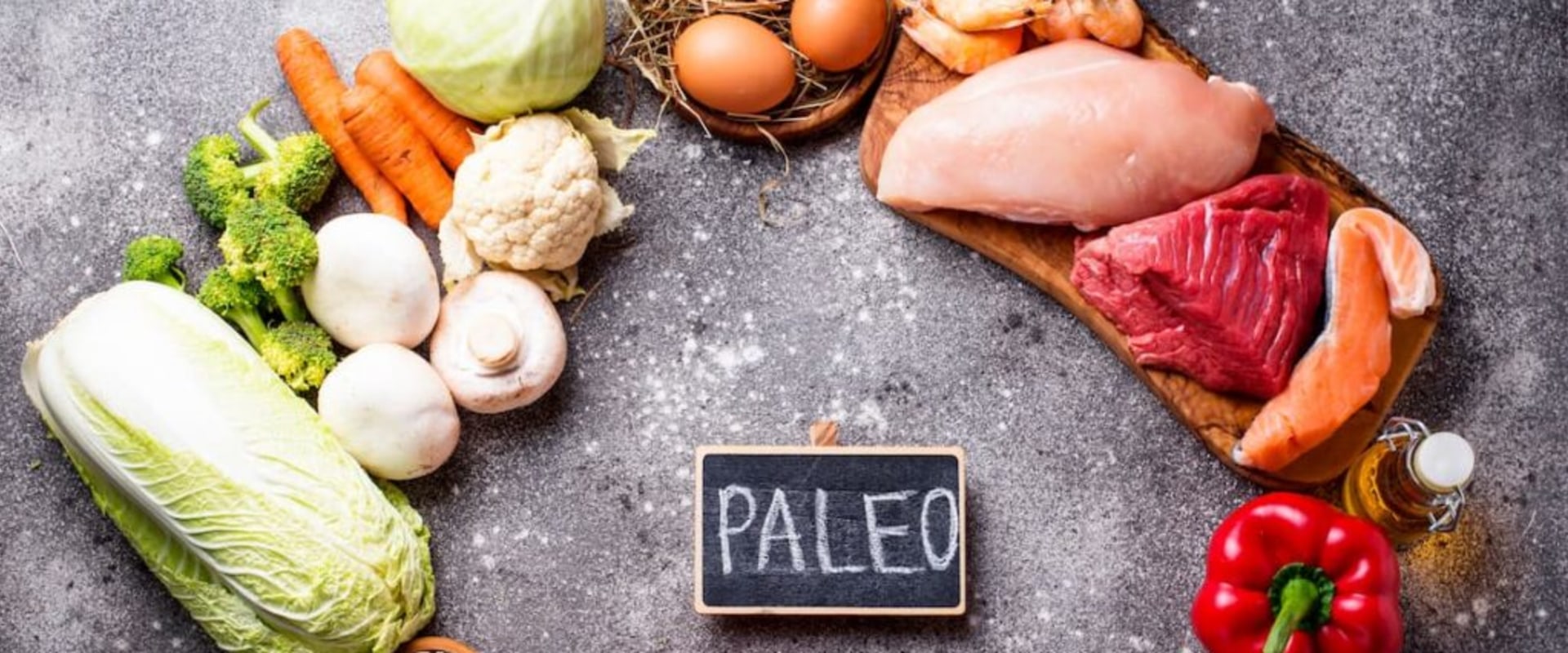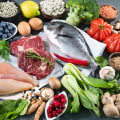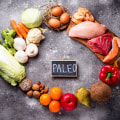Continued low carbohydrate intake can lead to overuse of fat for energy or ketosis. While eliminating processed foods and sugar is an advantage of the paleo diet, not eating grains, legumes, and dairy products may not be the best option. It should be noted that the standard Paleo diet excludes legumes and cereals. However, as the International Food Information Council Foundation explains, researchers have shown that our ancestors probably ate cereals and legumes during the Paleolithic era.
While these items are on the list of foods to avoid below, it's best to consider your own needs and talk to your doctor before excluding grains and legumes from your diet (or following a paleo diet in general). Foods to avoid on the paleo diet include processed foods and ingredients, such as sugar, bread, certain vegetable oils, trans fats, and artificial sweeteners. Harnessing this instinct can be as simple as realizing when food makes us feel tired, something that could have been dangerous at the dawn of humanity. Some of us ignore the signals our bodies give us and consume coffee, nicotine, and processed foods, all to save time while our bodies ask for help.
Although there are different interpretations of what the paleo diet technically entails, a paleo diet generally includes whole, unprocessed foods. These include meat, fish, vegetables, fruits, nuts, and seeds. Not including dairy products, grains, legumes, processed oils, refined sugar, and other food groups that our ancestors wouldn't have had access to. There are a few reasons why certain foods are banned on the paleo diet.
First, many of the foods that aren't paleo-friendly are relatively new to the human diet. For example, cereals were not introduced into the human diet until the Agricultural Revolution, which occurred about 10,000 years ago. Likewise, legumes, which include beans, lentils, and peas, were only introduced into the human diet about 5000 to 7 000 years ago. Cereal grains that aren't paleo friendly include wheat, barley, oats, rice, and corn.
They are not paleo because they weren't introduced into the human diet until the Agricultural Revolution. Cereal grains are difficult to digest and may contain unhealthy fats. These are beans, lentils and peas. Legumes are not paleo because they were only introduced into the human diet about 5,000 to 7,000 years ago.
Legumes are difficult to digest and may contain unhealthy fats. Refined vegetable oils are not paleo because they can be difficult to digest and may contain unhealthy fats. Examples of refined vegetable oils are soybean oil, corn oil, and cottonseed oil. Refined sugar isn't paleo because it's a processed food.
Refined sugar can be difficult to digest and can cause blood sugar spikes. Examples of refined sugar are cane sugar, beet sugar, and high-fructose corn syrup. Trans fats aren't paleo because they're processed foods. Trans fats can be hard to digest and can cause heart disease.
Examples of trans fats include margarine, vegetable shortening, and hydrogenated oils. Likewise, instead of eating legumes, you can eat paleo-friendly vegetables, such as green beans or carrots. And instead of dairy products, you can eat paleo-friendly alternatives, such as almond milk, coconut milk, or cashew milk. For those who have a history of an eating disorder or are immunosuppressed, they should be careful when restricting calories.
Heart disease remains the leading cause of death in the United States, killing about 610,000 Americans each year. While many try the paleo diet for weight loss, studies state that the anti-inflammatory eating approach can also help alleviate symptoms of autoimmune diseases. By eliminating certain foods, such as processed foods, salty snacks, and high-fat foods, especially store-bought packaged foods, you're refocusing your diet on eating whole foods. The Paleo diet includes meat, fish, eggs, vegetables, fruits, nuts, seeds, herbs, spices, healthy fats, and oils (.
For example, instead of eating grains, you can eat seeds suitable for paleo, such as quinoa, buckwheat, or amaranth. Paleo-friendly foods include meat, fish, eggs, seeds, nuts, fruits and vegetables, along with healthy fats and oils. For example, advocates of the Paleo diet claim that wheat consumption is linked to chronic digestive and inflammatory diseases, but there is no firm evidence that people who haven't been diagnosed with autoimmune celiac disease should avoid wheat and other gluten-loaded foods. The paleo diet eliminates dairy because its advocates say that many people are lactose intolerant and because eating dairy products has been associated with Crohn's disease, among other claims, according to a popular website about the paleo diet.
Among the benefits of eating a paleo diet are that you don't count calories or carbohydrates or eat on a restricted schedule. .




